Kenya (Kisumu)
A franchise network of ‘digital’ toilets in Nairobi is helping to stem the spread of COVID-19 among vulnerable urban slum communities.
Access to toilets is one of the biggest issues in the developing world. As millions of slum dwellers don’t have access to the fundamental human right of good sanitation, a team of MIT graduates have devised a sustainable solution to make hygiene affordable and accessible – and an alternative to pay-per-use pits.
Cities are growing faster than ever. Currently, 60 million new residents move to urban areas every year. 25% live in slums, amounting to one billion people with inadequate housing and limited access to basic services. This number is expected to double to two billion by 2030.
Starting in Kenya in 2011, startup Sanergy has since built a franchise network of clean, containerised toilets and non-sewered sanitation solutions that serve all urban residents and are five times cheaper than sewers. The community is engaged with running the ‘Fresh Life Toilets’ as local micro-entrepreneurs at every step, with waste separated to make organic fertiliser, instead of polluting waterways.
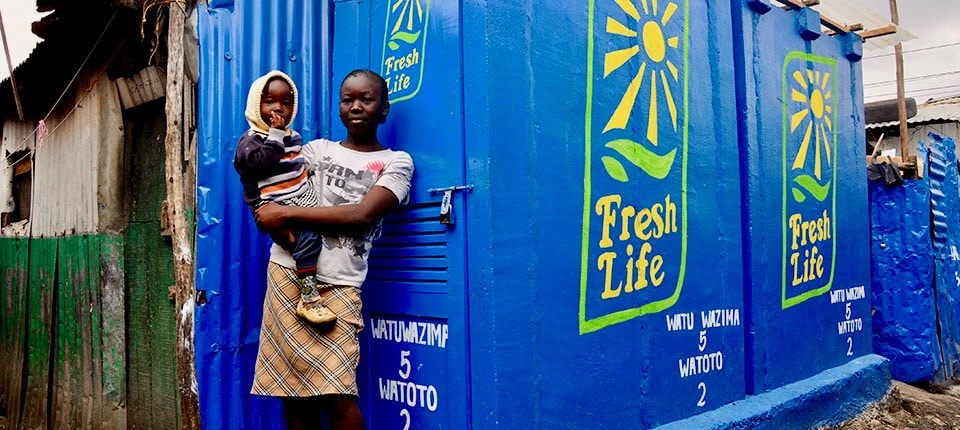
The success stories of these Fresh Life Operators, from being able to afford an education to expanding franchises, are spurring on the ‘digital toilet’ model to be replicated within other urban slums. The hope is that the Sanergy model will compel governments looking to invest in cost-efficient models to solve the sanitation crisis and provide safe sanitation solutions for their residents.
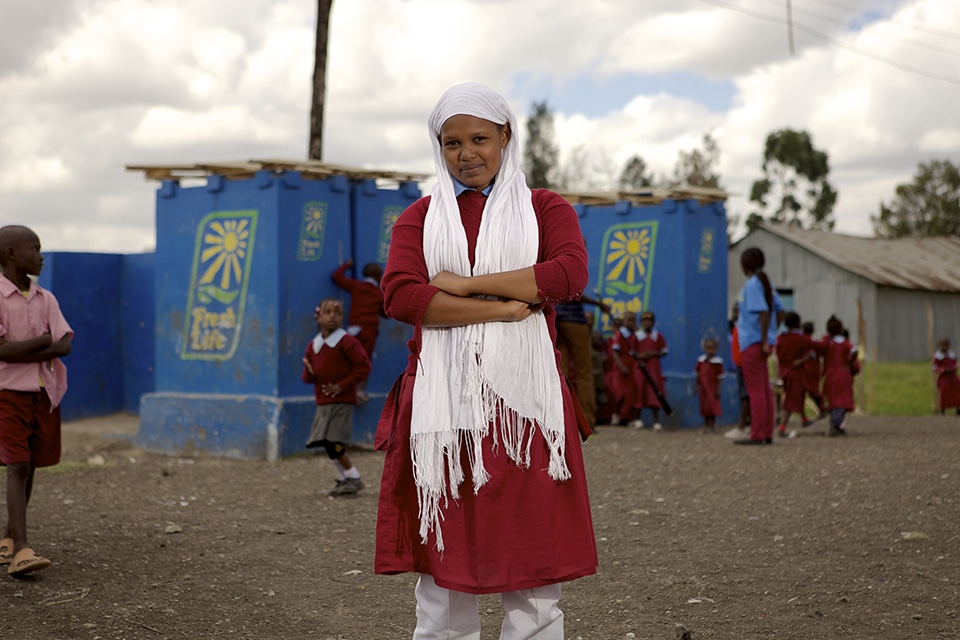
The toilets themselves are high-quality, low-cost sanitation units. With a urine-diverting squat plate, they source-separate solid and liquid waste, making collection and conversion safe and easy. For the comfort and convenience of owners and users, amenities include a handwashing station with soap, water and a bin for feminine hygiene products.
There are currently over 3,000 active Fresh Life Toilets in informal settlements, with over 100,000 daily uses from community members now with access to affordable hygienic sanitation and over 250 employees, 60% of whom live in the communities they serve.
Even though 2020 has been a challenging year marked by deep uncertainties, Sanergy told us that they are celebrating their resilience, especially when it comes to stemming the spread of COVID-19 among vulnerable urban slum communities through provision of safe sanitation and waste management as well as supply of essential protective equipment.
“Endorsed by the government of Kenya as an essential service, Sanergy has continued to provide sanitation and waste management services to cities amidst lockdowns and restriction of movements. At the same time, Fresh Life Toilets installed within the residential areas have ensured that urban residents can safely shelter in place with access to a toilet and avoid crowded areas, which is one of the fastest ways of spreading COVID-19.”
They have successfully used their distribution network built up over nine years, and partnered with several private-sector companies through the Safe Hands Kenya and National Business Compact on Coronavirus initiatives, to accelerate their COVID-19 response. “We have distributed over 13,000 masks, 250 handwashing stands, 500 sanitizers and 56,300 bars of soap to toilet operators and our customers.”
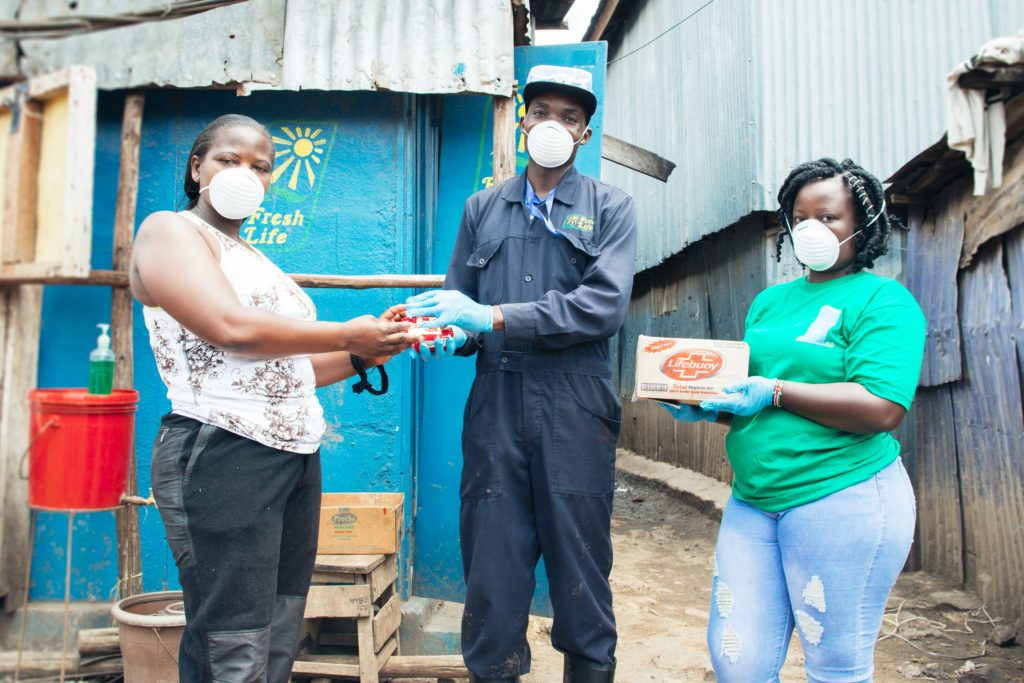
In 2020 Sanergy was also recognised by the Belinda and Gates Foundation as a 2020 Goalkeepers accelerator for efforts towards the achievement of Sustainable Development Goal 6, particularly in the wake of COVID 19 and received The Food Planet Prize, thanks to the Curt Bergfors Foundation. It is the largest monetary reward in the global food arena to initiatives, organisations and individuals working to secure the world’s food supply while fostering a healthy and resilient biosphere.
On World Toilet Day in November 2020, Sanergy launched the first Fresh Life Toilet in a new city – Kisumu – which is the 3rd largest city in Kenya. “In this city more than half of its population lives in slums and the sewerage coverage is very low. As a result, unsafe waste management has been rampant, polluting Lake Victoria, which is the largest freshwater lake in Africa. This is an opportunity for us to help rehabilitate this ecosystem and bring safe sanitation to the residents of Kisumu.”
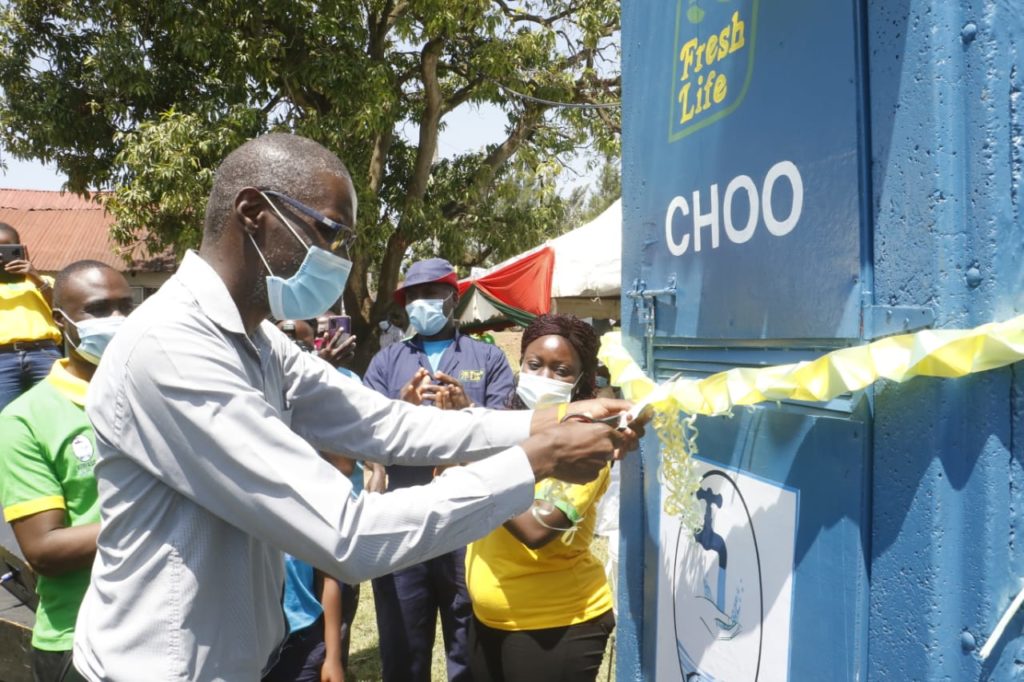
This expansion to Kisumu has been in partnership with a public utility, Kisumu Water and Sewerage Company. “We are seeing the benefits of building such partnerships as they help us expand our reach and deepen our impact much quickly.”
In the next five years, Sanergy wants Fresh Life Toilets to reach one million residents in Nairobi and beyond with access to safe sanitation services. They are currently working on launching their new large scale organics recycling factory (the largest in Sub-saharan Africa) with a goal to scale safe waste management in cities – aiming to safely collect 72,000 tonnes of organic waste every year, and convert it into valuable agricultural inputs and clean energy. “At the same time, we will help stem environmental pollution of critical water catchment areas such as Nairobi River, Lake Victoria and also combat the effects of climate change.”
They add that the COVID pandemic has brought to light huge gaps that still exist when it comes to access to safe water and sanitation, yet, these services are an essential part of protecting human health. “Now more than ever, is the time to unite and stay on the frontlines of providing safe sanitation for all! It is the time for all stakeholders: public, private, NGOs and intergovernmental, to collaborate with each other to scale its access equitably and inclusively.”
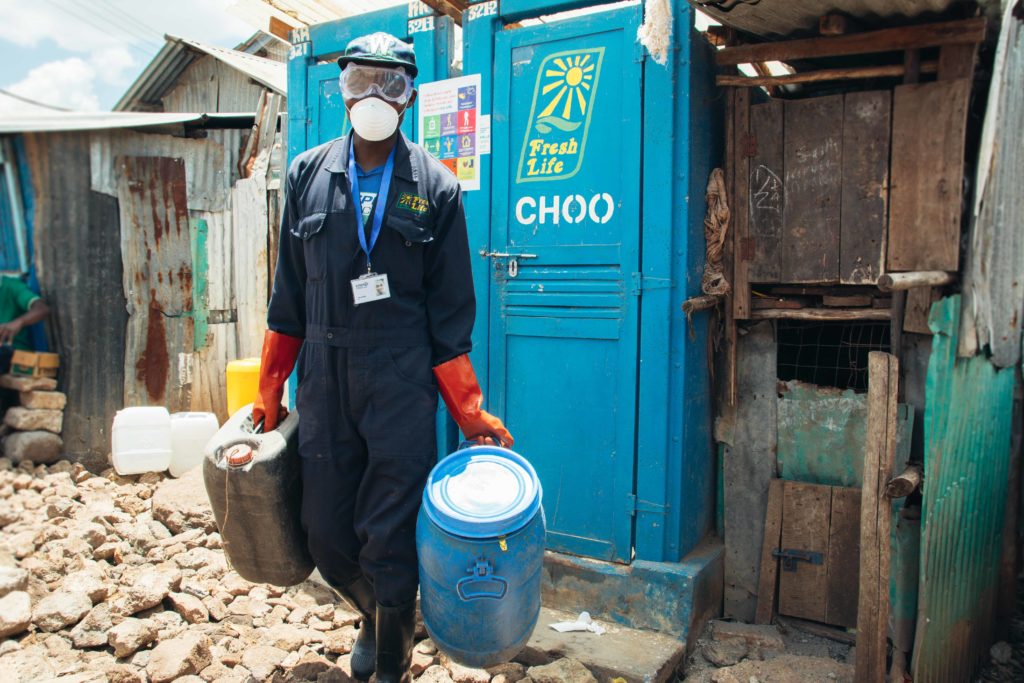
AtlasAction: Volunteer with Fresh Life Toilets.
Project leader
David Auerbach, Co-founder, Sanergy
Partners
Support the Atlas
We want the Atlas of the Future media platform and our event to be available to everybody, everywhere for free – always. Fancy helping us spread stories of hope and optimism to create a better tomorrow? For those able, we'd be grateful for any donation.
- Please support the Atlas here
- Thank you!
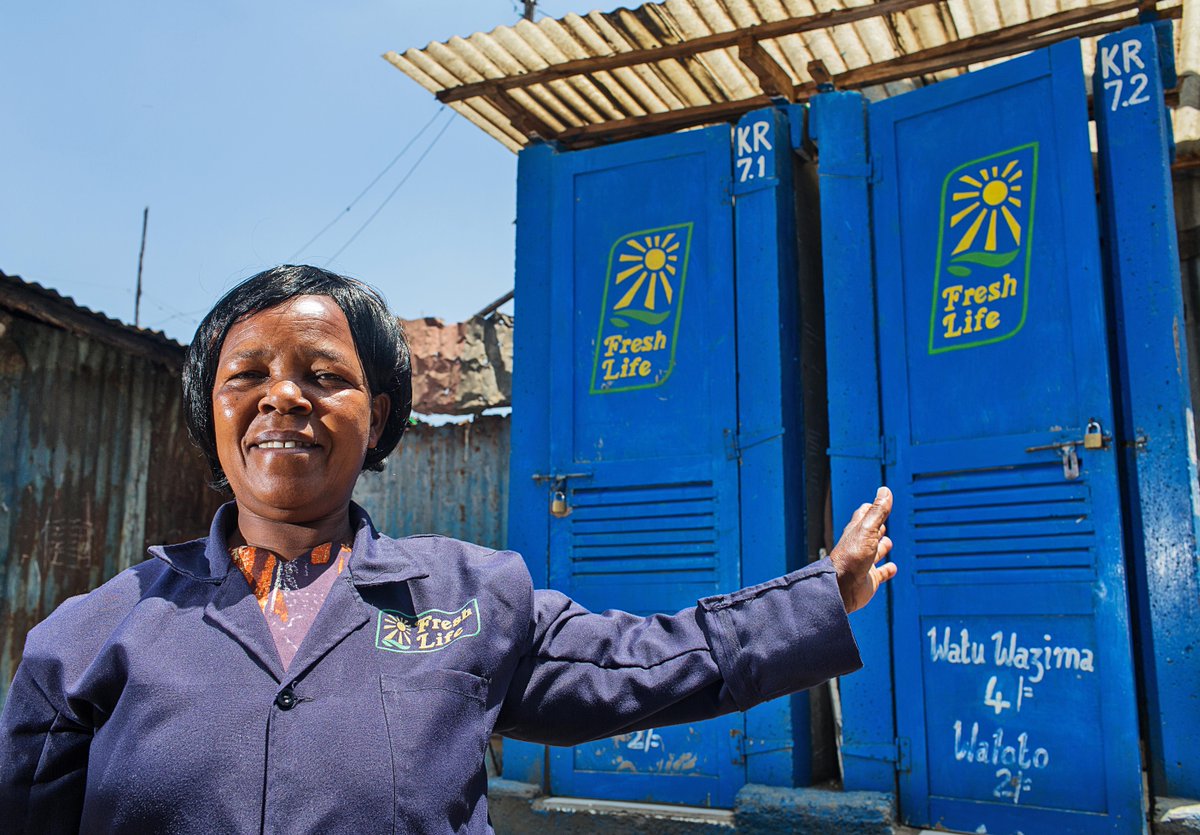
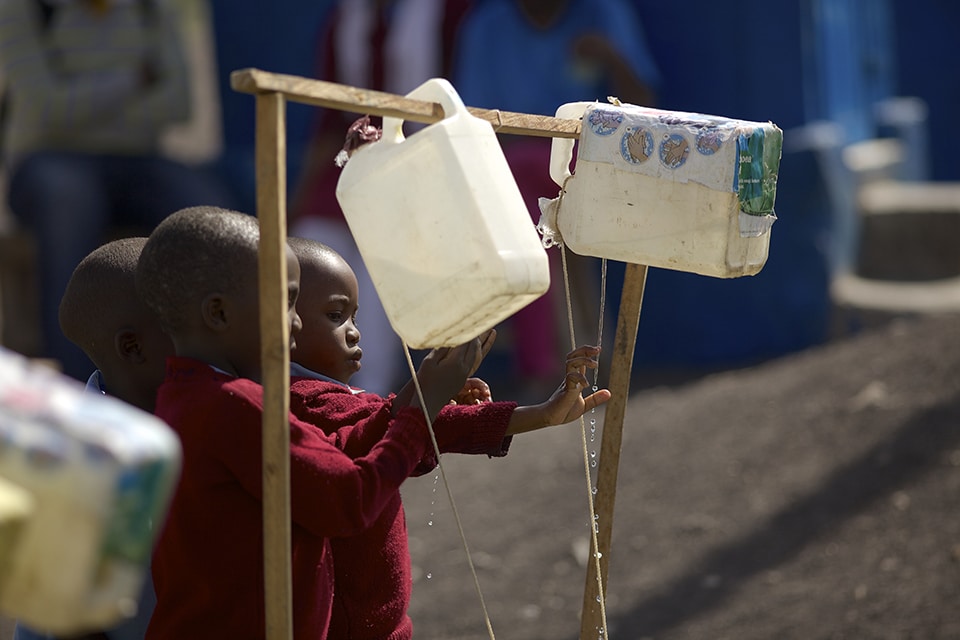
Kids washing their hands at Reuben school, Mukuru, Nairobi, Kenya
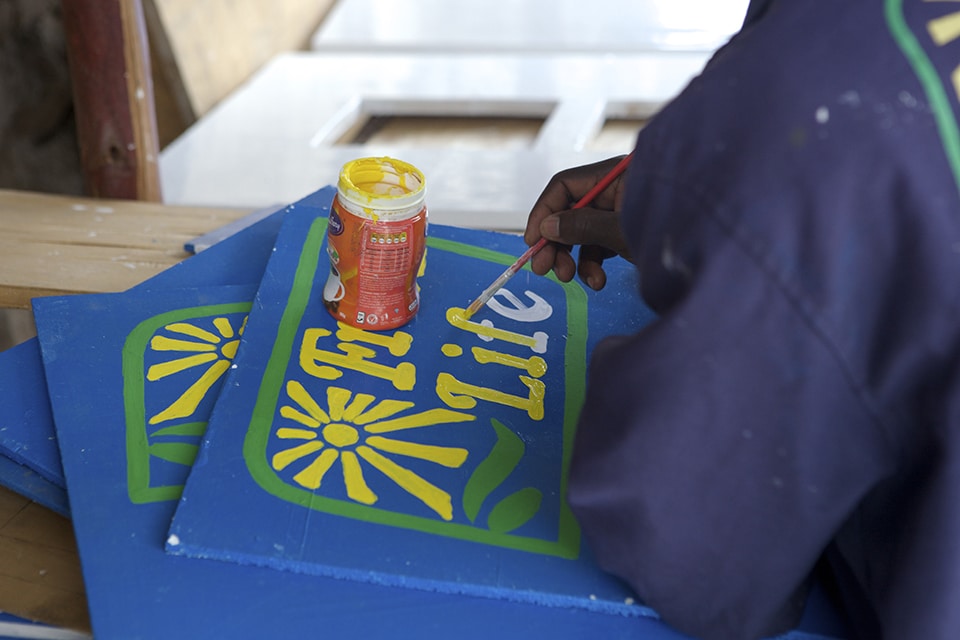
Sanergy Fresh life new design toilets at the Sanergy assembly compound in Mukuru area of Nairobi, Kenya
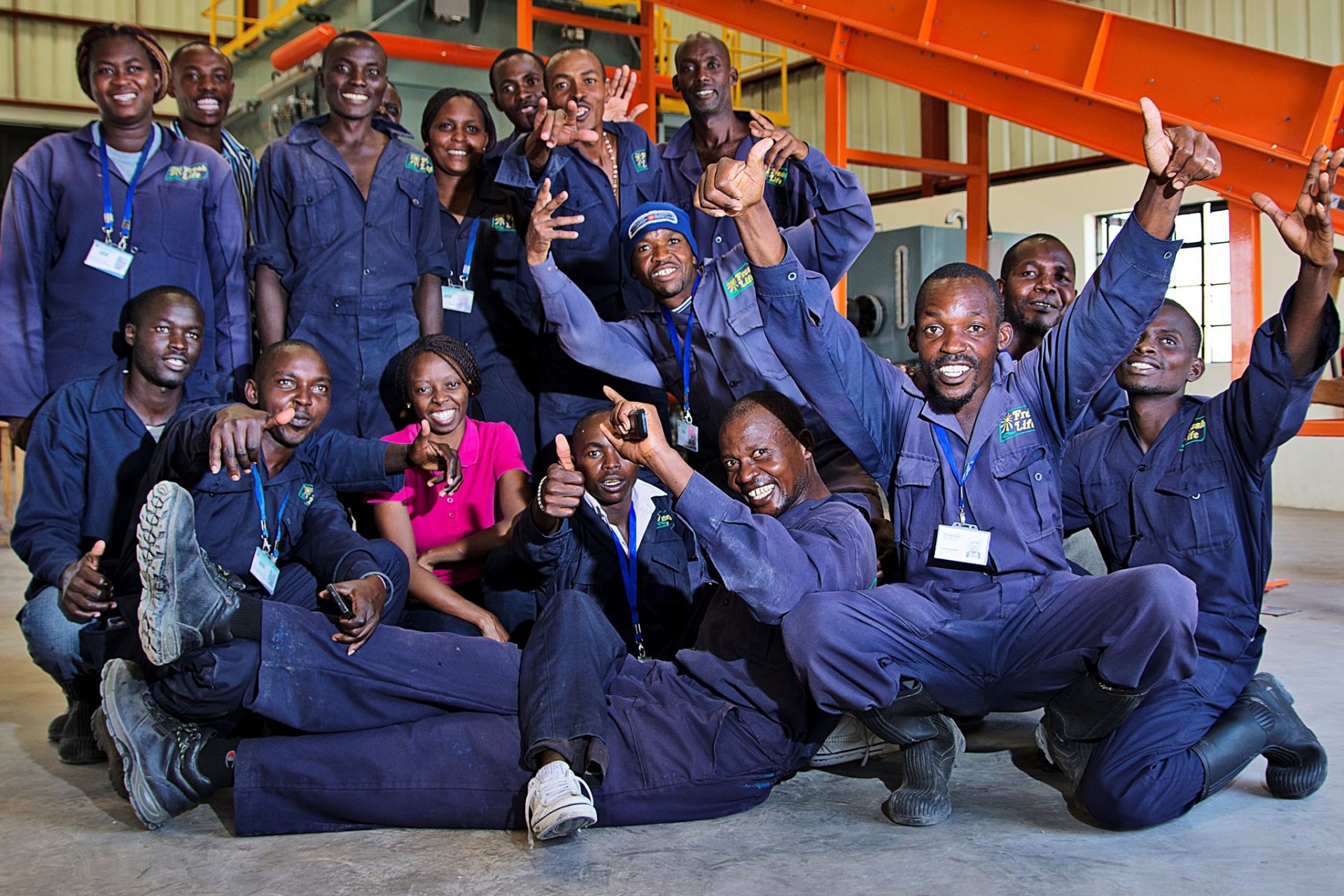
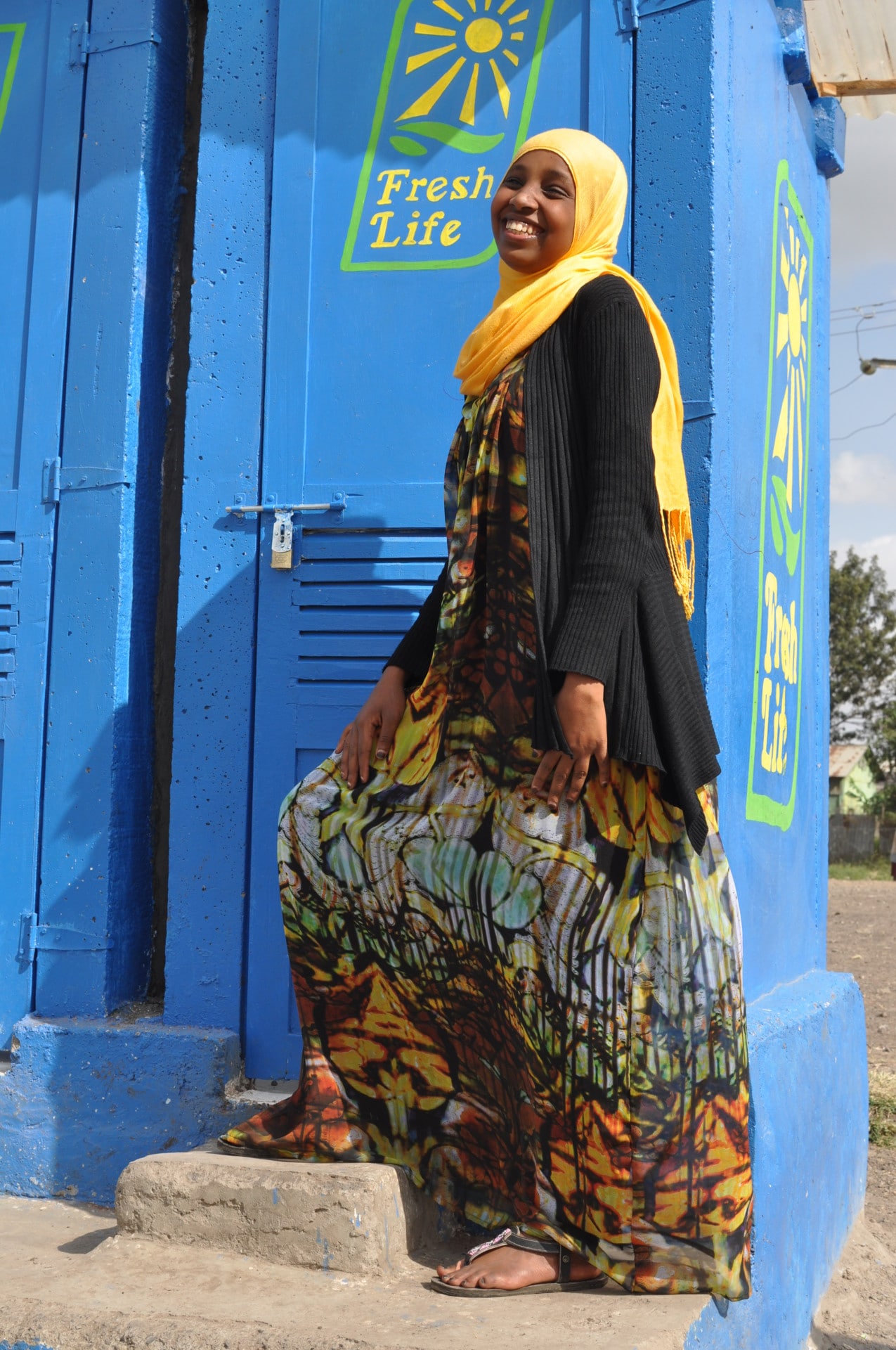
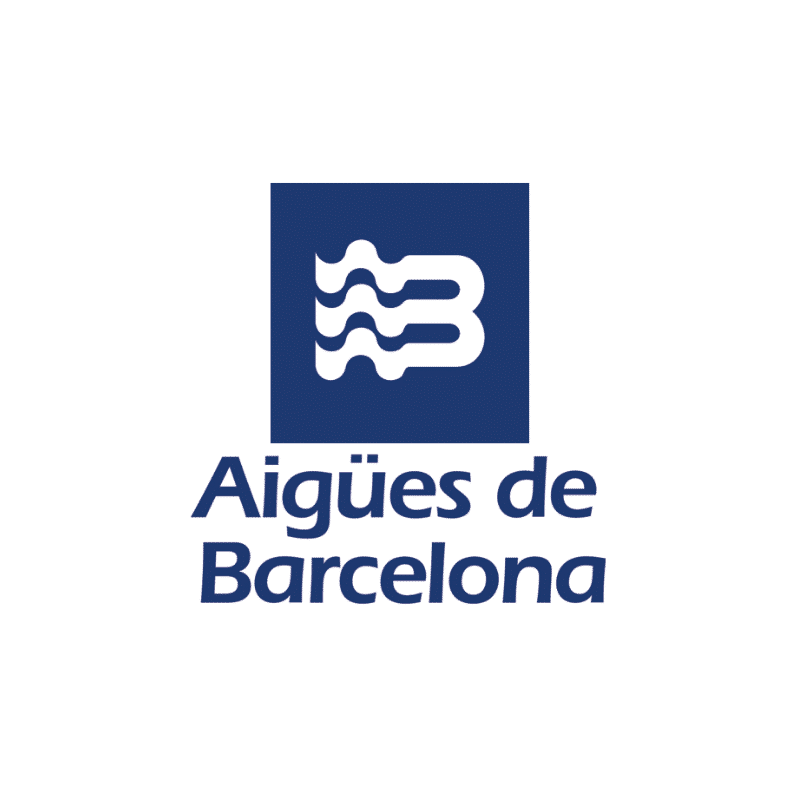
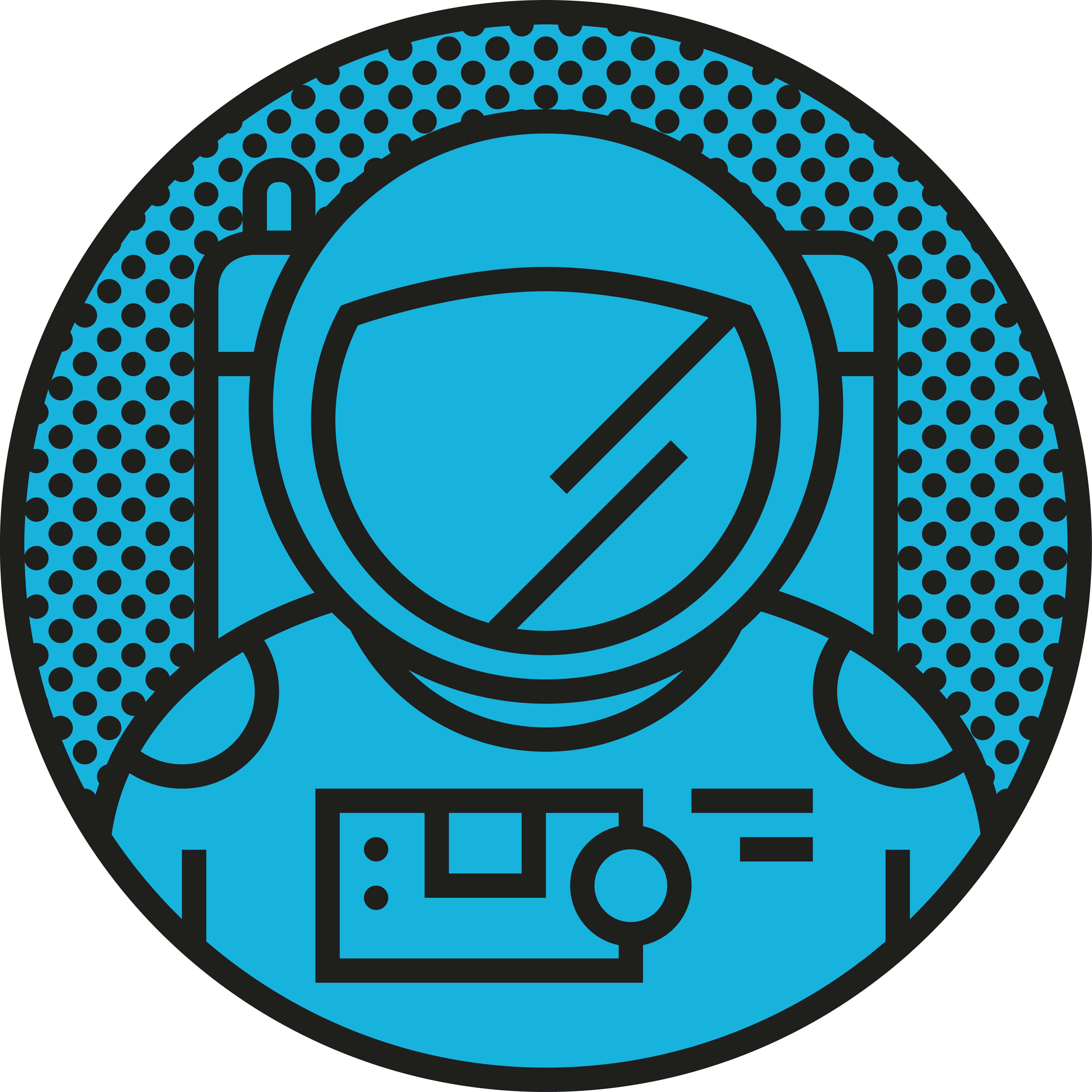


I am interested how we can have a school program for providing sanitary toilets
How much does one unit cost, we have a Gatharaini River Ripalian Park and a Football field in need of sanitation.